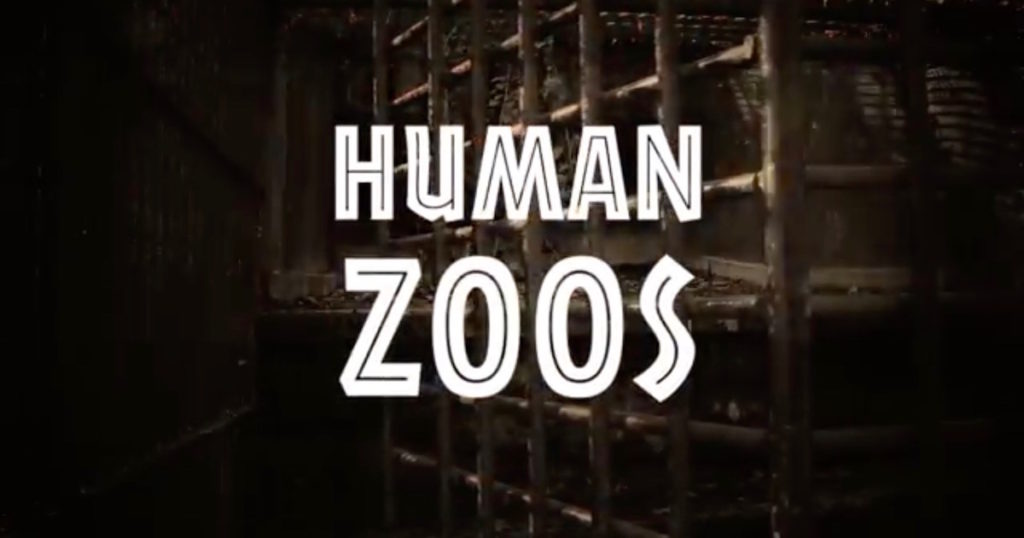 Culture & Ethics
Culture & Ethics
 Evolution
Evolution
Human Zoos — An Untold Story, Until Now

We’ve already noted the November 11 public premiere of Human Zoos, a new documentary from Discovery Institute, by director and writer John West. You can see it in Portland, Oregon, at the Oregon Documentary Film Festival. Tickets are on sale now.
A remarkable thing about the film is how thoroughly unfamiliar this history will be to most Americans. Did I say “most”? I mean, surely, almost all.
Dr. West was interviewed by the festival and he tells how he learned of the subject matter himself:
Several years ago, I read a book about an African named Ota Benga who was put on public display in the Monkey House of the Bronx Zoo in the early 1900s. I later learned that there was a widespread practice in both the United States and Europe of putting indigenous peoples on public display, and that in many cases this practice was carried out and promoted not by hucksters but by leading members of America’s scientific community. I am fascinated by the use and abuse of scientific ideas in public policy, and I was interested not only in telling the story of what happened but also probing why so many members of the scientific community supported the practice. As I began to work on the story, I found that it had connections with the American eugenics movement, which was an effort to breed better humans by controlling the direction of human evolution, and so the documentary also delves into that story. There are also connections between what happened in the past and today’s white supremacists. One of the points I hoped to make in this film is that we don’t get beyond the past by forgetting it. We need to face it in order to make sure the same mistakes don’t happen again.
West is a political scientist with a journalism background. The visual style of filmmaking was largely new to him. He offered advice to aspiring documentarians:
Especially if you are working on a limited budget (as I was), the more you can plan out in advance, the better. Also, learning to think visually is important when writing a script. My background is as a former college professor and as someone with training in journalism. So I have more experience with the written word than with visuals. When I started learning how to make documentaries, I had to stretch myself to write for a medium where what you show visually (and how you show it) is just as important (sometimes more important) than the words you use. I also learned that you need to be as concise as possible. Wordiness doesn’t work well in the visual medium.
He also discussed the response from (limited) audiences so far:
The reactions at the private screenings have been positive, but somber. I think some people were shocked at what they learned. After the violence in Charlottesville, VA this past summer, I added a new ending to the film because I found a pretty explicit connection between the issues I was covering with some things being debated right now. Only one audience has seen the new ending, and I think it made some of the viewers uncomfortable to see how the scientific racism of the past was rearing its ugly head in a new way today.
“Shocked” is right, because the story told here is truly shocking. Human Zoos will be released to the general public in 2018. But you can already see the trailer, above.
